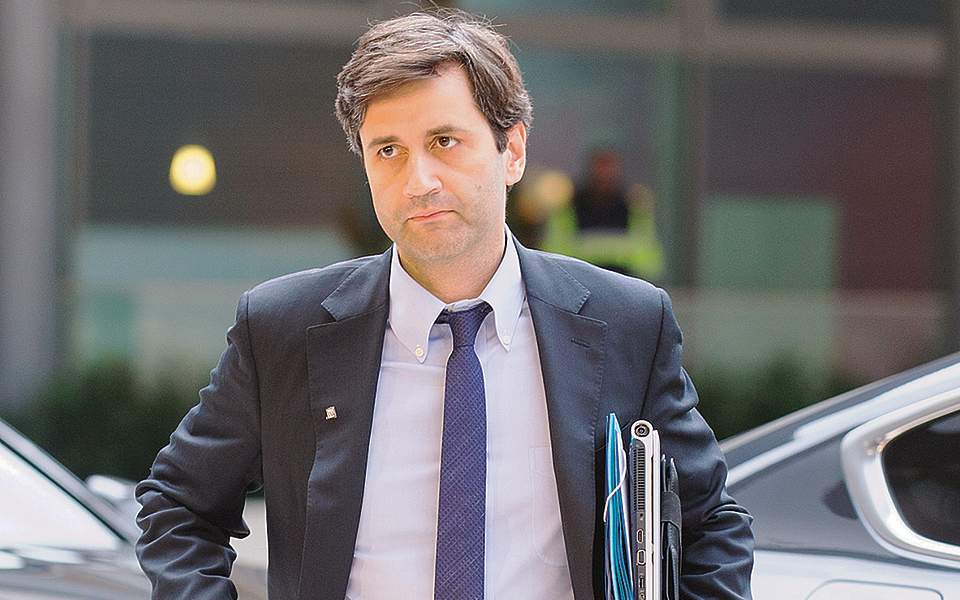Main opposition’s tax cut plans are too costly, minister says before vote

Plans from Greece’s opposition for tax cuts could derail the country’s fiscal strategy, its deputy finance minister said on Friday, two days before an election that polls show the opposition is likely to win.
The conservative New Democracy party has been promising tax relief including cuts in corporate, income and property tax, and a reduction in social security contributions. It also wants to raise the minimum wage and hire police staff.
Polls forecast it easily defeating Prime Minister Alexis Tsipras’s leftist Syriza government in Sunday’s election, which Tsipras called early after badly losing European and local elections in May.
“Everything they’ve pledged has a very high cost and it simply won’t fit into budgets for coming years,” George Chouliarakis told Reuters in an interview.
He said cutting tax rates would not boost growth by enough to increase state revenues.
“It has never happened anywhere and therefore it entails risks for the Greek economy,” he said.
Chouliarakis said Greece would meet its fiscal targets this year, but the outlook for future years could depend on outside factors, such as a slowdown in Europe or political risk in Italy, which affects interest rates on government bonds.
To be effective, tax cuts should be gradual and combined with policies that create jobs and tackle child poverty, the highest in the euro zone, he said.
Greece emerged from its third international bailout last year and has agreed to produce a budget surplus, excluding debt servicing costs, of 3.5 percent of gross domestic product up to 2022. So far, it has outperformed its targets, saving 14 billion euros since 2016, most of which was set aside as a buffer.
Chouliarakis said he was “certain” Greece would meet its target this year, despite a series of handouts announced by Tsipras before the EU vote, which raised concerns in Europe. The Bank of Greece sees a lower performance, at 2.9 percent of GDP.
Greece has raised about 5 billion euros from markets out of 7.5 billion aimed for this year, and could attempt a third foray soon after the election.
If re-elected, a Syriza government would conclude a plan for early repayment of about 40 percent of a total 9.5 billion euros owed to the International Monetary Fund by September, avoiding high interest rates of 5.1-5.2 percent.
“Our plan is to do it immediately after the summer with an aim to conclude the agreement in September,” he said.
Tsipras was catapulted to power in January 2015 promising to end austerity. But seven months later he signed up to a third multi-billion euro bailout and more belt-tightening.
“It’s a great myth” that that bailout could have been averted, said Chouliarakis who met Tsipras in 2013. Greece could not meet its targets nor fund its debt obligations in late 2014 or in January 2015, when Syriza took over, he said.
Chouliarakis is not running in Sunday’s election. He informed Tsipras of his decision to step down after the bailout ended, saying he needed a break for a few years.
“It’s not a move to abandon politics and foremost to abandon the government of the Left,” he said. “It’s the opposite, an effort for renewal … to have more to offer later.”
[Reuters]





